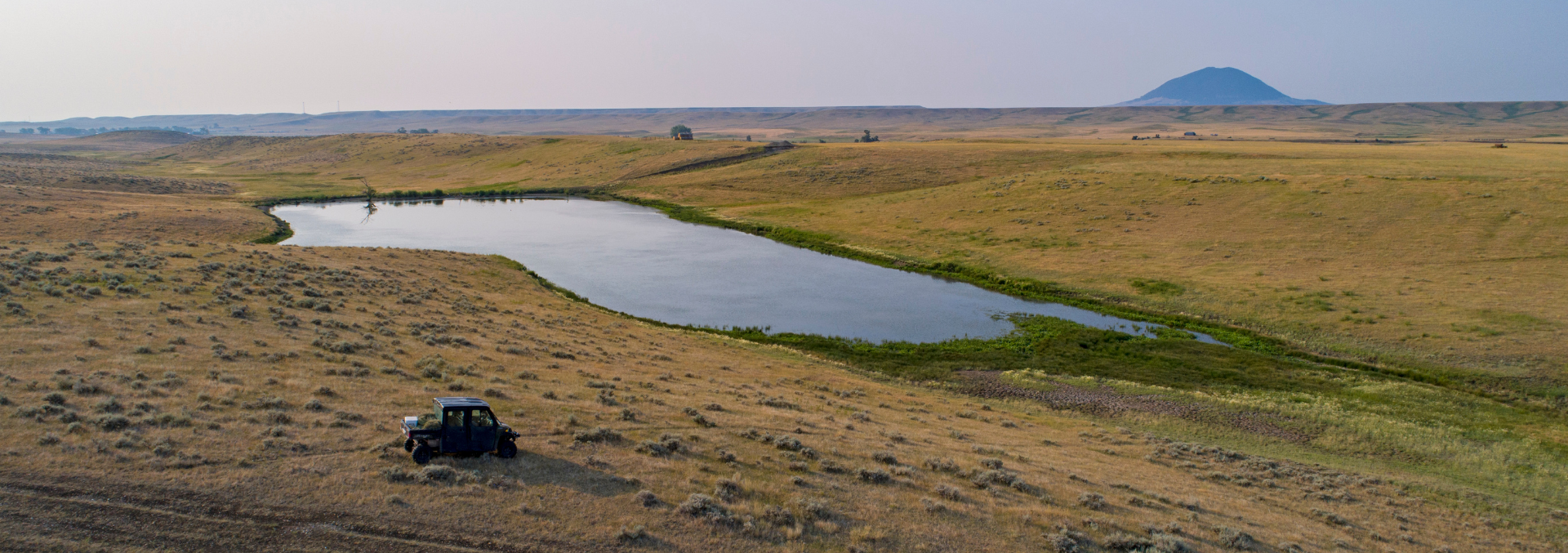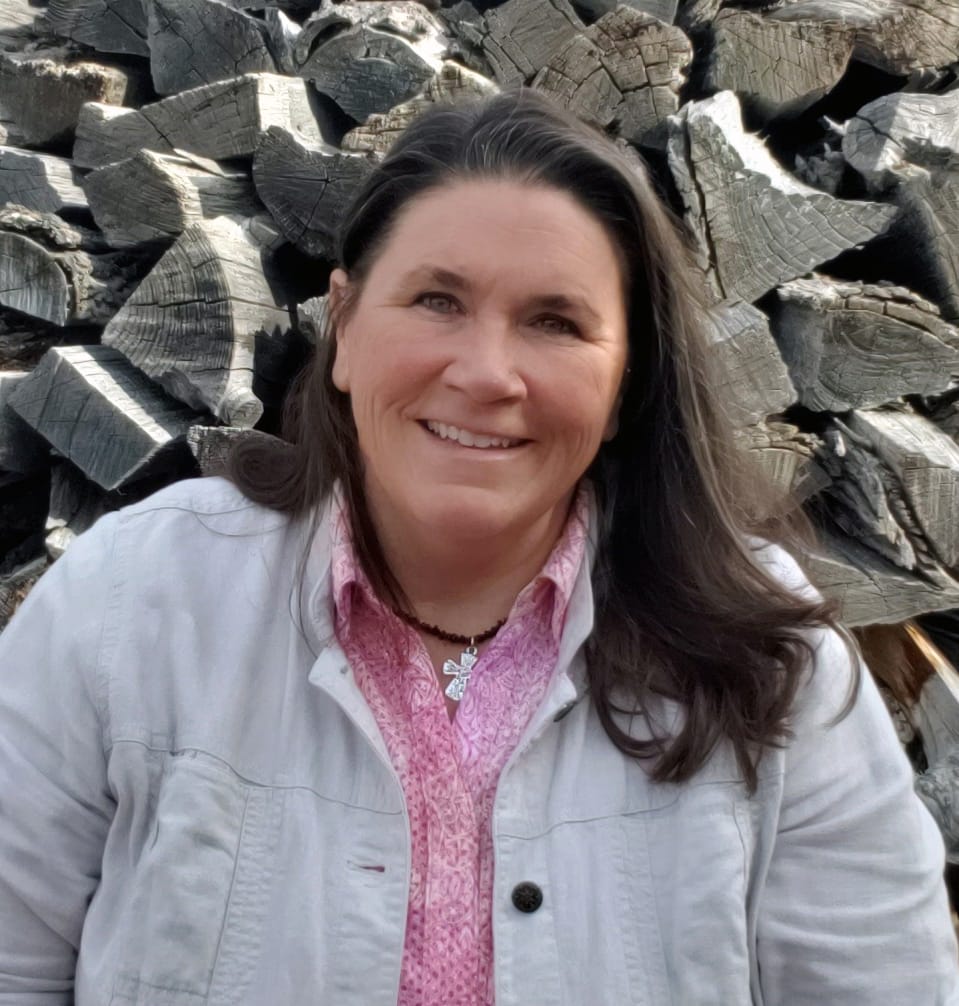By Cheryl Summer, Associate Broker, Licensed in WY, MT
There is a well-worn phrase in the modern lexicon of the west: Legal Access. Fifth-generation ranchers know all about it, whether they are the grizzled kind or the kind that graduated with dual degrees in ag business management and range conservation. Sportsmen know about it because straying too far from legal access routes or ignoring the lack of them may result in a visit from a game warden or backcountry ranger and a trespassing charge. Lenders, attorneys, and title companies certainly know about it, and in their respective roles, they serve as the gatekeepers of land deals.
Legal access is an essential consideration for every category of property, from Main Street to the mountains. Specific to the land transactions we work with at Fay Ranches, buyers need to know about legal access and what it will mean for their use and enjoyment of their new property. Legal access, or the lack thereof, may also factor into negotiating price and terms of purchase. The lack of legal access should not be considered an absolute non-starter when evaluating a property for purchase. However, the lack of legal access ultimately may mature to the status of a deal-killer.
What do you mean I can’t use that road? We’ve been using it forever!
Trails: demarcated routes from one place to another are as old as civilization itself. Man has always been a traveler out of both necessity and wanderlust. Of course, the means of travel have evolved from foot to beast to wheel. What started as a rudimentary passageway used by native peoples, leathery cowboys, or the mail coach may now be worn into the familiar parallel of two earthen lines that cross the range as far as the eye can see. Today, some of those rough trails have been upgraded to roads that rival any good county road.
Man has a need to see beyond the next hill, at least I know I do, and it is sure nice to get farther, faster. Trails, roads, and two-tracks mean access, or at least look like they do. The question is, is there a legal right to use that trail, or well-improved road, to access your property?
In Wyoming and much of the Rocky Mountain West, the landscape we see has not changed. The landscape as we own it and use it, however, has changed significantly.
When neighbors were few and far between, and the only traffic was a 1954 Ford with two horses loaded in the stock rack and a nine-year-old boy hanging out the passenger window with a slingshot, the idea of allowing your neighbor to drive across your property was the neighborly thing to do. It was also a matter of practicality. Landowners not only shared a similar lifestyle of cowboying and ranching, but they also shared a reciprocal need to get to distant corners of their ranches.
Lands transition between people just as people transition between lands. Whether by attrition and the subsequent dividing of land to be equitable to heirs or by purposeful divisions to monetize the land asset, it seems easier to make smaller pieces of land than to aggregate larger pieces. Newly divided, the smaller properties need individual access. Since lifestyles are no longer shared, reciprocity is often lost. Physical and legal access across an adjoining landowner can no longer be presumed.
Legal Access in Wyoming
According to the Wyoming legislature, legal access is necessary if “land has no outlet to, nor connection with a public road.” (WY Statute §24-9-101)
If your property, or a portion of your property, does not have legal access, you must be crossing an adjoining property to get it. Having federal or state land adjoining is not considered legal access.
Legally insurable access ensures that you can forego the helicopter and can legally get to your property along an established or described route by foot or vehicle.
As it may not always be obvious, we rely on a title company’s preliminary title commitment to reveal a lack of legal access. In one sale, the title company surprised us when they discovered a lack of legal access to the north part of a particular ranch. A county road crossed the north end, and we wrongly assumed it created legal access. However, the description of the county road – the piece of paper that described where the road historically had been – placed it in a different section. The current road crosses the property, but the old road’s legal description did not, and the county did not update the paperwork when they moved the road. Therefore, there was no legal access despite obvious physical access.
A more common cause of lack of legal access on western lands is state-owned, BLM, or Forest Service lands that separate deeded lands. Just because the headquarters has legal access from the county road does not ensure the entire ranch has legal access. Any deeded parcel to which you must cross state or federal lands does not automatically have legal access. Agencies have procedures by which to pursue an easement to create legal access, but the agencies vary in their willingness to grant easements.
What Does It Matter?
The answer to that question varies by situation and long-term plans, from “not much, really” to “this is a deal-killer.” Lack of legal access creates risk, whether perceived or actual. A hypothetical risk today may fully mature into a realized loss later, whether by financial cost or loss of opportunity.
Properties approaching transition from large agricultural to smaller recreational or residential properties have greater risk and realize it more immediately. Legal access to all areas of a property located on the outskirts of a growing city adds value to the land asset because the highest and best use is not limited by access. As expected, legal access throughout a large grass ranch in an area that will remain in cattle production is less critical.
If financing a purchase, be prepared as lenders look at each instance of lack of legal access thoroughly because of their risk position. Whether they ultimately write the loan will depend on the extent of their loan and how much of the property is affected. Title companies will not insure a lack of legal access but rather will reference it as an exception to their coverage.
Lack of legal access never resolves passively. Analyzing how important it is to have legal access in light of your plans for a specific property will guide your decision to remedy it or not. Remember, however, when you go to resell the property, that lack of legal access will, similarly to your evaluation, either be of no consequence or a deal-killer to the next buyer.
How do I fix it?
While a landowner cannot be denied legal access to a Wyoming property, there is no guarantee or fundamental right that ensures obtaining legal access will be easy. The best-case scenario is a neighbor-to-neighbor negotiation and purchase of the legal access. If that is unproductive, the process moves to the courts. Colloquially, it is called “forced” access.
By Wyoming statute, four pages outline the process for a landowner (now the plaintiff) to obtain legal access. The process is heard and settled by a district court. Prior to filing an action, there are six initial steps to complete for the court to review. Briefly, 1.) provide the legal description of the landlocked property, 2.) explain to the court why it does not have legal access, 3.) describe to the court efforts to purchase legal access, 4.) describe the proposed access route, 5.) provide the legal description of the neighbor’s property that is to be crossed, and 6.) explain if you (the landowner) did anything that caused the lack of legal access. The neighboring landowner, against whom the claim has been filed, has the right to submit alternate routes.
That is the easy part.
The court’s first step is to hold a hearing to determine if the submission meets all the statutory requirements and confirm a lack of legal access. The court’s next step is to appoint three “disinterested persons as viewers and appraisers.” Before the court gets to that decision, however, each party’s attorney is on the phone building a list of potential viewers. Real estate land professionals often make the list, as well as area landowners or other land professionals.
Once appointed by the court, the viewers – working under oath – view the property, mark out a private road and any alternate routes, and appraise any damages caused to the neighbor’s property. The viewers recommend the most “reasonable and convenient route” to the court and may recommend specific conditions and limitations of the access and its use.
The final step in the court is to review the viewers’ recommendations and appraisal. The court may modify the recommendations before making its judgment. After paying damages and court-ordered costs, the final court’s order describing a new private access road is recorded in the county clerk’s office. The statute reads that appropriate costs are to be ordered paid by the plaintiff include the survey, plat, engineering, and construction costs of the road.
Legal access gets you inside your gate. Physical access is how you navigate around the property.
Do not forget to consider physical access. For some remote terrain, the suit for legal access may have only been the project’s first phase.
It’s a matter of eyes wide-open.
Though legal access may not be denied in Wyoming, and there is a legal process to obtain it, the process can be contentious and costly. However, sometimes it is ok to buy property without legal access to all or part of the property but know what parts of the property are affected. Understand and be prepared for the process of securing access if needed. Is there an established route of travel, or do you need to plow a brand-new road? Think ahead to consider your use of the property and the resale of the property. There may be points of negotiation on price and terms when buying a property without any legal access.


